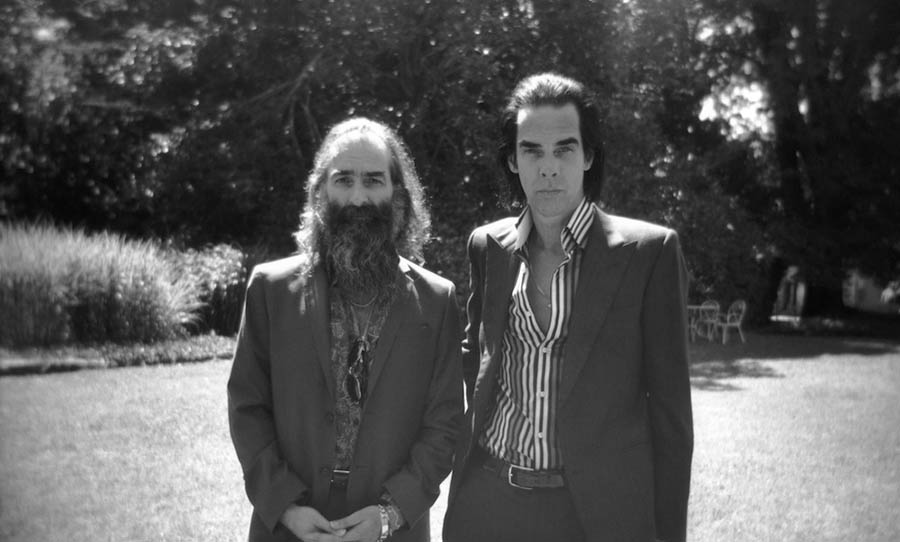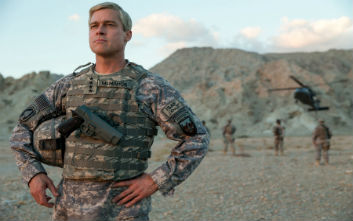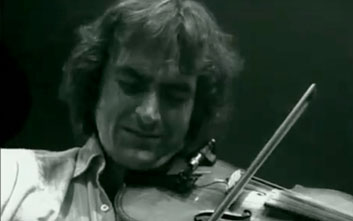While Nick Cave has been at the forefront of Australian music for the better part of three decades, the last two years have seen his story reach unbridled heights of acclaim, grief and artistic significance.
From the death of his son to the release of Nick Cave and the Bad Seeds’ latest output Skeleton Tree, a new interview by Chris Heath of GQ offers a behind-the-scenes lens to Cave at his darkest.

What motivated the grief-stricken Nick Cave to write music after the death of his son? Find out in The Love and Terror of Nick Cave.
Nick Cave sits in a Sydney hotel room, his chair facing the floor-to-ceiling windows, the city bathed in summer sun beyond and below. “Look,” he continues, patiently choosing his words, “not to just keep going on about this, but the whole grief thing, there’s nothing good about it whatsoever. People will tell you other things, but it’s like a fucking disease. A contagion that not only affects you but everybody around you.”
“And it’s cunning. And you can feel good and you can be getting on with things, and then it just comes up and sort of punches you in the back of the head and you’re down and you’re out for the count for a while. I don’t just mean psychologically, I mean physically too. Grief and illness and tiredness feed off each other in a kind of feeding frenzy.”
It’s January 2017. Eighteen months ago, Nick Cave’s 15-year-old son Arthur fell from a cliff near Brighton, the town on the south coast of England where Cave has lived since 2002 with his wife Susie, Arthur, and Earl, Arthur’s twin brother. (Cave also has two sons, Jethro and Luke, both in their mid-20s, from earlier relationships.) After it happened, Cave obeyed some kind of instinct that told him he had to keep working. He relates a conversation with Warren Ellis, who for several years has been his closest musical collaborator.
“I said to Warren a week after Arthur died: It just goes on, you know. I didn’t even know what I was talking about. I was just, like: We continue doing whatever we were doing. We continue to do it.” Partly, he suggests, out of “some sort of bizarre responsibility” to those around him. But also because he could see no other option. “It was not like an act of courage or anything, it was just that I didn’t know what the fuck else to be doing. All I knew is that what I do is work, and that kind of continues. I think I knew, fundamentally, that if I lay down, I would never get up again.”



